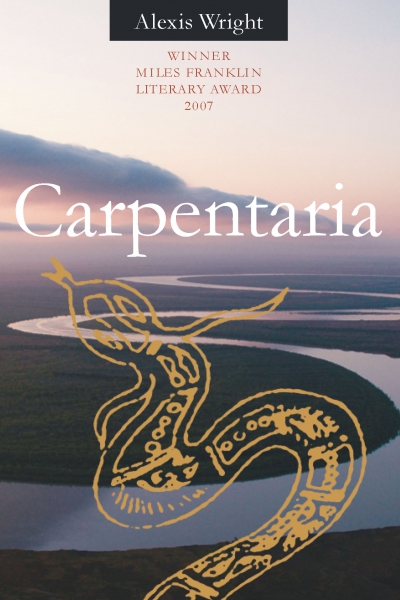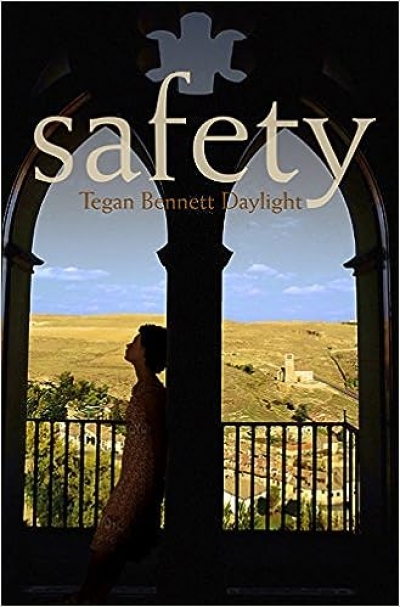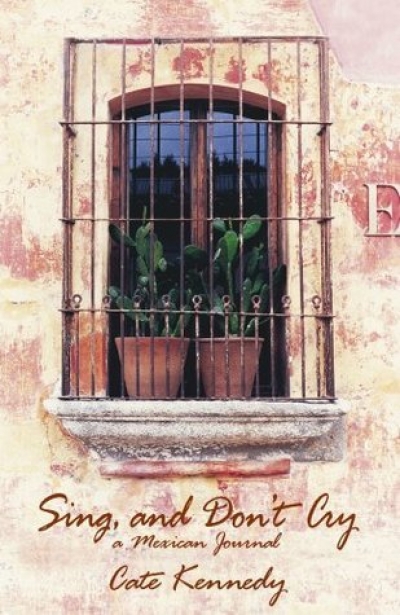Kate McFadyen
Southerly edited by David Brooks and Noel Rowe & Griffith Review 13 edited by Julianne Schultz (with Marni Cordell)
by Kate McFadyen •
Safety by Tegan Bennett Daylight & The Corner of Your Eye by Kate Lyons
by Kate McFadyen •
The Grasshopper Shoe by Carolyn Leach-Paholski & A New Map of the Universe by Annabel Smith
by Kate McFadyen •






